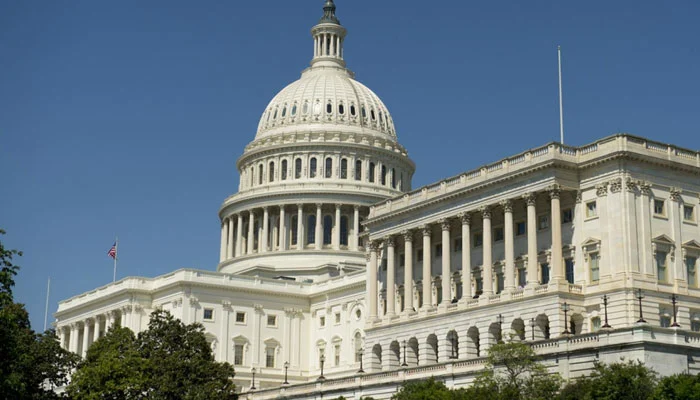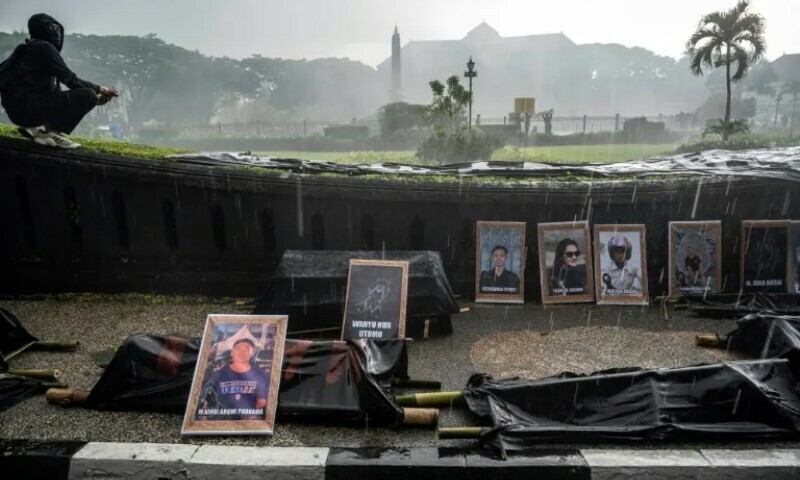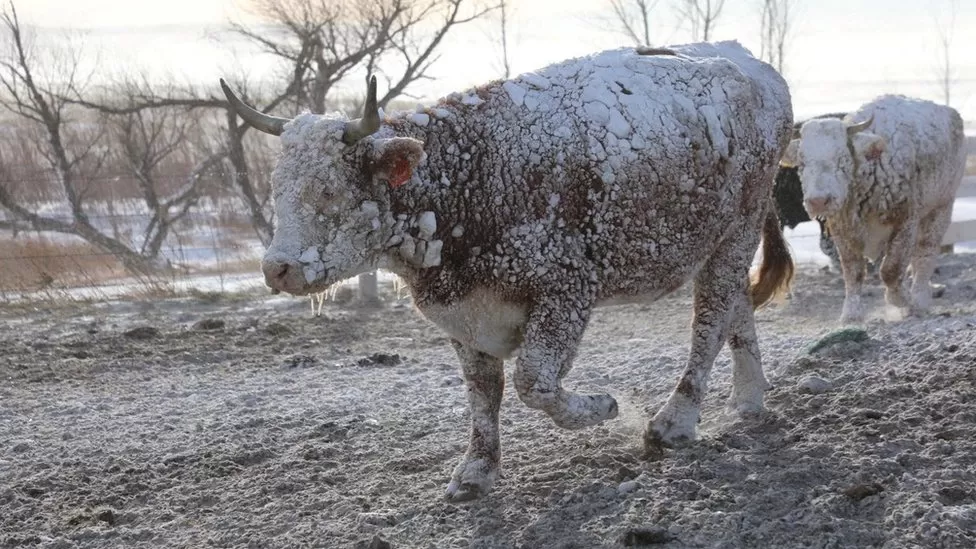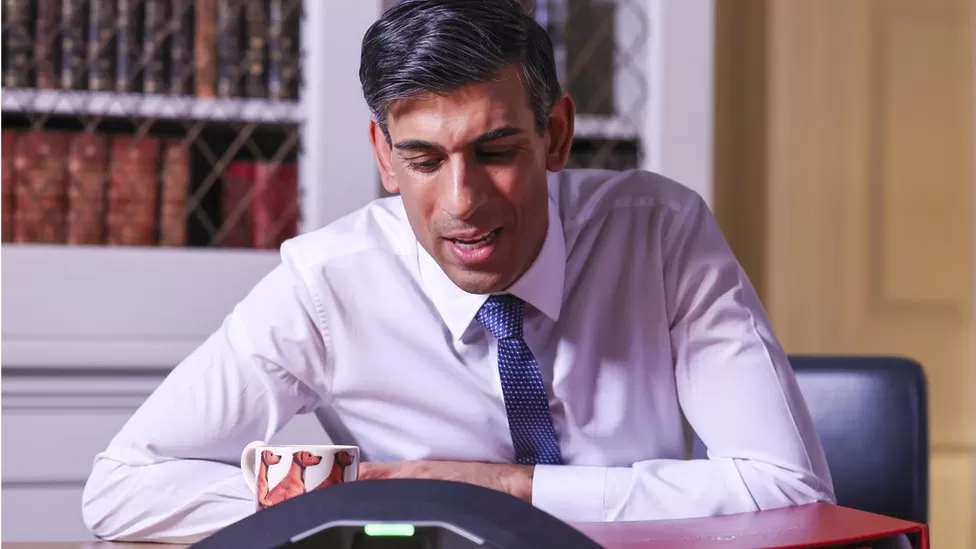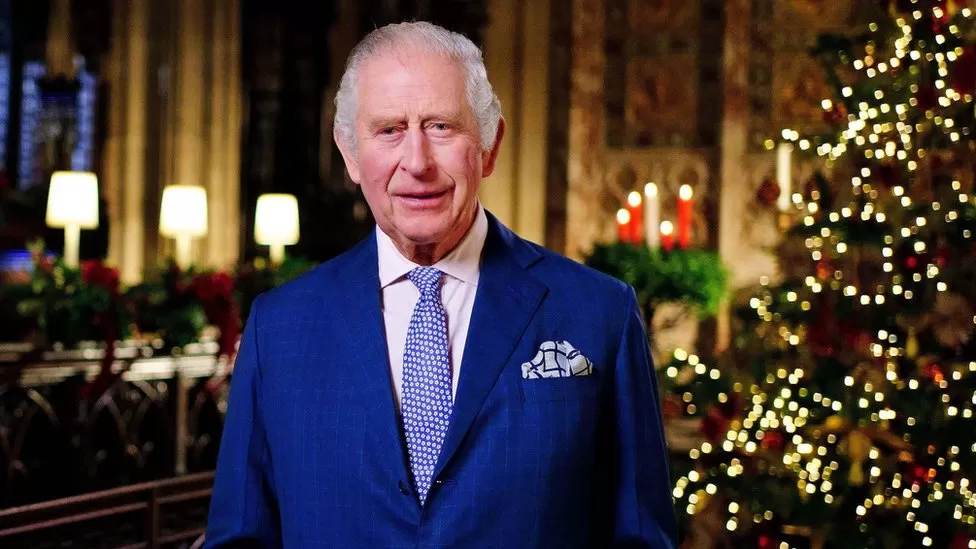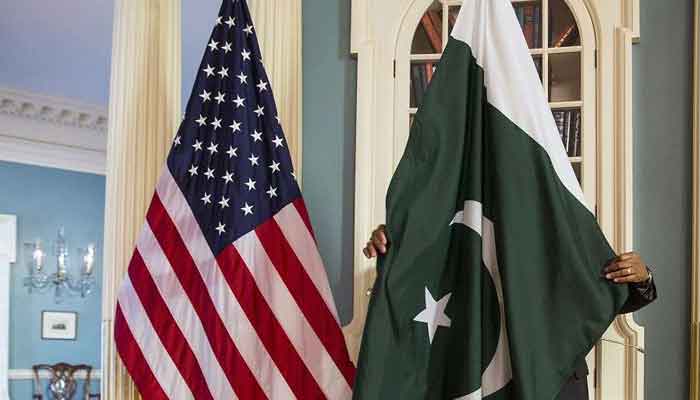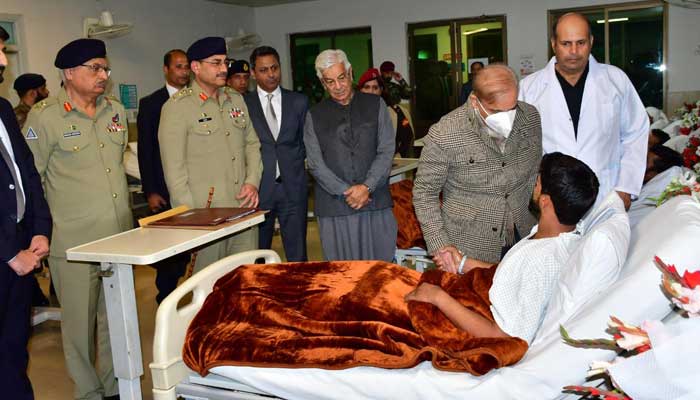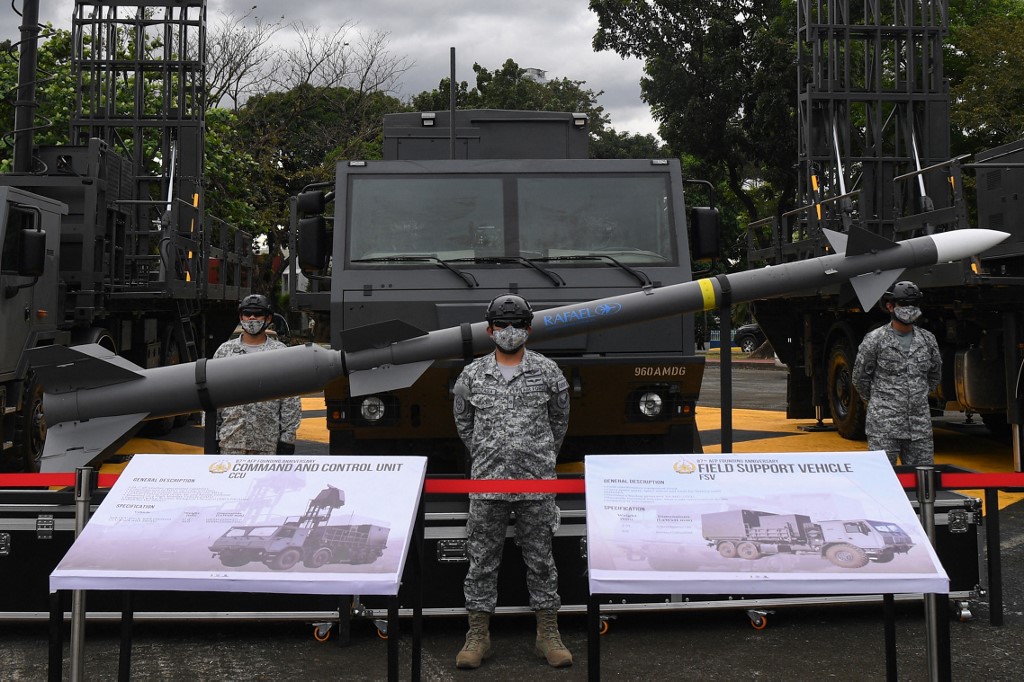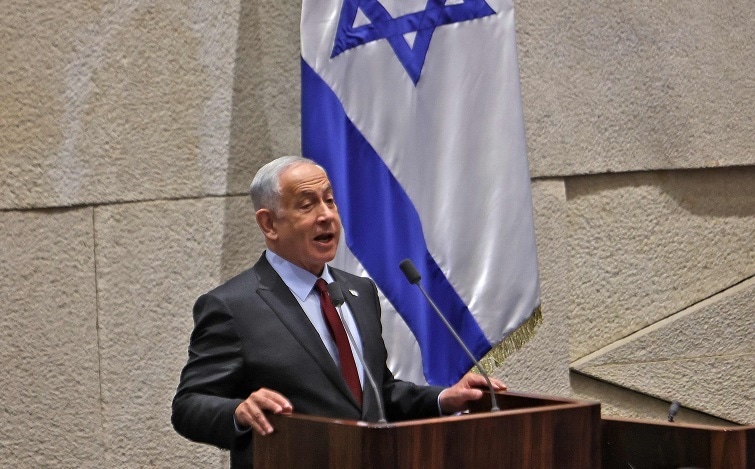WASHINGTON: The United States senators on Friday approved a sweeping annual spending package, allocating $200 million for gender equality and strengthening democracy in Pakistan.
The $1.7 trillion omnibus bill includes the allocation of $45 billion Ukraine aid and reforms to election law aimed at avoiding a repeat of last year’s assault on the Capitol.
Pakistan’s allocation is under the US fund for gender equality, which is a 20-fold increase from the funds reserved in 2020.
In December 2020, the US congress cleared $10m for addressing gender disparity and $15m for strengthening democracy in Pakistan. While in 2000, Pakistan received $25 million for the same purpose.
The sweeping annual spending package on Friday was rubber-stamped by the House of Representatives just hours ahead of a midnight deadline to keep the federal government open — although a damaging holiday season shutdown was never a serious threat.
“This bill is a critically important piece of legislation not only to keep our government funded, keep our people being served but also to show that the United States of America’s government works,” House Majority Leader Steny Hoyer said ahead of the vote.
Failure to get the package to Joe Biden’s desk would have been an embarrassment for the president, days after his Ukrainian counterpart Volodymyr Zelensky visited the White House to argue for the $44.9 billion emergency military and economic aid proposed as part of the legislation.
But it ultimately enjoyed a smooth passage through the lower chamber, where Democrats have a slim majority for a few more days, until the Republican-led 118th Congress opens for business.
Ten Republicans cast votes in favour to help see the package cross the line by 225 votes to 201.
The giant bill keeps the lights on until next October, paying for almost every aspect of the day-to-day management of the federal government, from law enforcement to printing money.
But it also features add-ons less obviously connected to funding, such as a reform tightening a 19th-century election law to make clear that vice presidents do not have the power to overturn election results.
Defeated president Donald Trump exploited the loose wording of the text to argue that his deputy Mike Pence could halt the transfer of power after the 2020 election, amid bogus claims of voter fraud.
Pence rebuffed Trump’s entreaties and the billionaire Republican’s vilification of his vice president was the cornerstone of his speech that allegedly incited a mob to storm the US Capitol on January 6, 2021.
Trump, who has launched a run to regain the White House despite being the focus of several criminal and civil investigations, released a statement on Thursday describing the package as a “monstrosity… crammed with left-wing disasters.”
House Minority Leader Kevin McCarthy had also urged his party to vote no, arguing that his side would have more sway in negotiating the size and scope of federal spending when they wrest the lower chamber from the Democrats in early January.
The House was half empty on Friday, with more than 200 representatives using an absentee voting provision, strictly meant only for those with Covid-19, to stay home and cast their ballots by proxy.
Republicans there in person lined up to bemoan the lack of time they had been given to study the bill — it was finalised just three days ago — and the “woke” previsions it contained.
There were rumours circulating among congressional staffers and media that McCarthy would use his so-called “magic minute” privilege to spend hours lambasting the bill.
McCarthy held up a budget vote last November with a rambling address lasting a record eight-and-a-half hours.
But he took pity Friday on colleagues trying to get home amid a once-in-a-generation winter storm, reining in his criticism of the legislation to just 25 minutes.
“We are two days away from Christmas,” he said. “The Christmas season is the season of giving, but in Congress it appears the season of giving will line the pockets of Democrats’ special interests and stick the hard-working Americans with the tab.”


